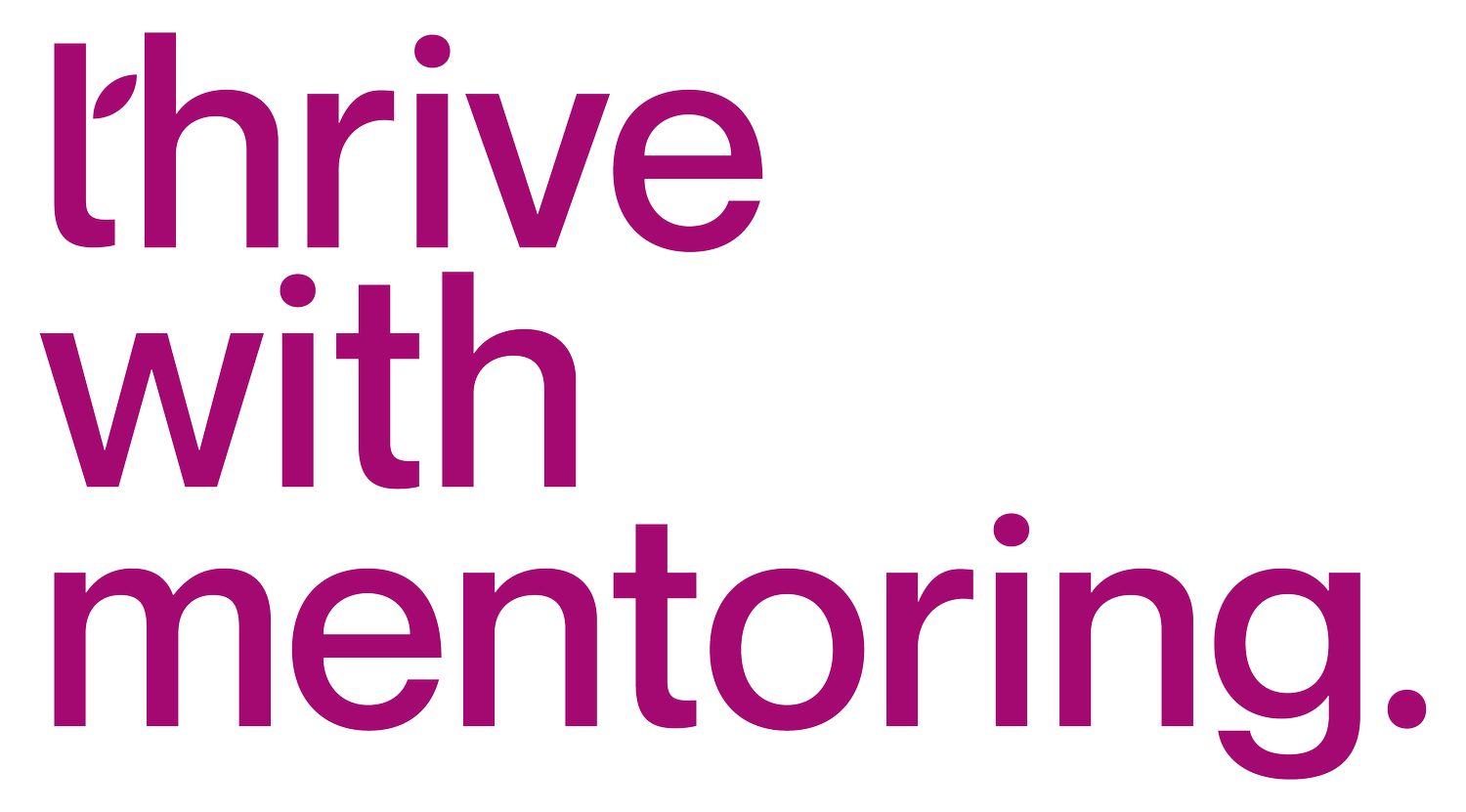See It, Be It- Structured Mentoring
I had a mentor in my early 20s, and the most significant thing that she taught me was “to own it”. I remember how she would brief me for a project and I would rush off to do it. I just had to get it done in the shortest possible time in the best possible way. In spite of all the effort that I was putting in, she wasn’t really taking to me.
One day she took me along to a discussion that I wasn’t really supposed to be a part of. Her boss detailed out the new project for her, discussed outcomes and timelines and stakeholders. I was blown away! And I was raring to start assisting her right away. We went back to our table and I asked “what do you need me to do?”. She said, “think about it and let’s discuss more tomorrow”.
It sort of put me off. Anyway, I went back the next day, and asked “what do you need me to do?”. She asked me “how would you want to start on this?”. Umm. What? Why would she be asking me? I was the intern. So I said, anyway that you think is the best.
She said, “Shivangi, this is something I want you to think about. If you owned this project, how would you go about it”.
That set me off on a path that I am on today too. I realised that the reason why we weren’t hitting it off was because I was doing exactly what she was telling me to do, but I wasn’t giving it any real thought. I was doing something that anybody else could’ve done and not really showing what I could do.
It helps to have such mentors at the workplace, but in my case, she was an informal mentor. Imagine a scenario where the moment you enter a workplace, you have designated mentors in place. Imagine the organisation setting you up for success with mentors from on a continuous basis. From there on, as your personality evolves, you are assigned to other mentors based on where you want to go. This in turn means in-depth conversations with your current mentor and with the people who are leading the mentorship interventions.
When mentorships are structured, they have impact. 71% of Fortune 500 companies have mentoring programs. Why? Because investing in leadership capability pays off in performance, productivity and innovation
And just a little off note here, even the millennials, that generation which seems to have us all flummoxed, 68% of them intend to stay with their organisation for more than five years when they have a mentor. The mentors keep them accountable and 89% of these folks go on to mentor people themselves. (http://mccarthymentoring.com/why-mentoring-what-the-stats-say/)
LET’S TAKE A LOOK AT HOW STRUCTURED MENTORSHIPS MAKE LIFE SIMPLER.
Dedicated mentor: Having a dedicated mentor and dedicated talk time with one gives you a safe place to practice communication - may be your next pitch for the next sale, or asking for that salary correction or talking about that overseas project you really want to do. The mentor helps fine tune your communication. Even 10 hours on average spent in the mentoring relationship, over a period of 6 months can bring substantial results.
Management buy-in: Structured mentorships ensure genuine buy-in from the management. Designated time, number of meetings, mentor mentee matching based on complementary skills ensure that these relationships are taken seriously, and don’t get perceived as informal chats. Mentored businesses increased their revenue by 83%, while non- mentored only by 16%. (https://www.micromentor.org/learn-more/impact)
Shared goals: Mentorships are based on shared interests and goals. Structured ones offer the mentee the opportunity to get in touch with more than one mentor and this builds their own personal go-to network for anything they want to talk about. It really helps to have a mentor who is not responsible for your performance, but who can be dedicated to help you develop professionally.
More and more women are seeking mentors and offering to mentor today than ever before. Structured female mentorships help women grow their skills exponentially. Organisations benefit from this where the employees feel more valued and more invested in. Women who had a female-dominated inner circle of 1-3 women landed leadership positions that were 2.5 times higher in authority and pay than those of their female peers lacking this combination. Structured mentoring helps you network smarter.
All in all, the verdict is out there. Structured mentoring needs to be in place if you want to succeed as an organization, and as a professional. Invest in your talent, bring in specific skill development for both mentors and mentees, get your people connected to mentors inside and outside your organization, and in a few years, you will start seeing how they stay and strive for what you believe in.
